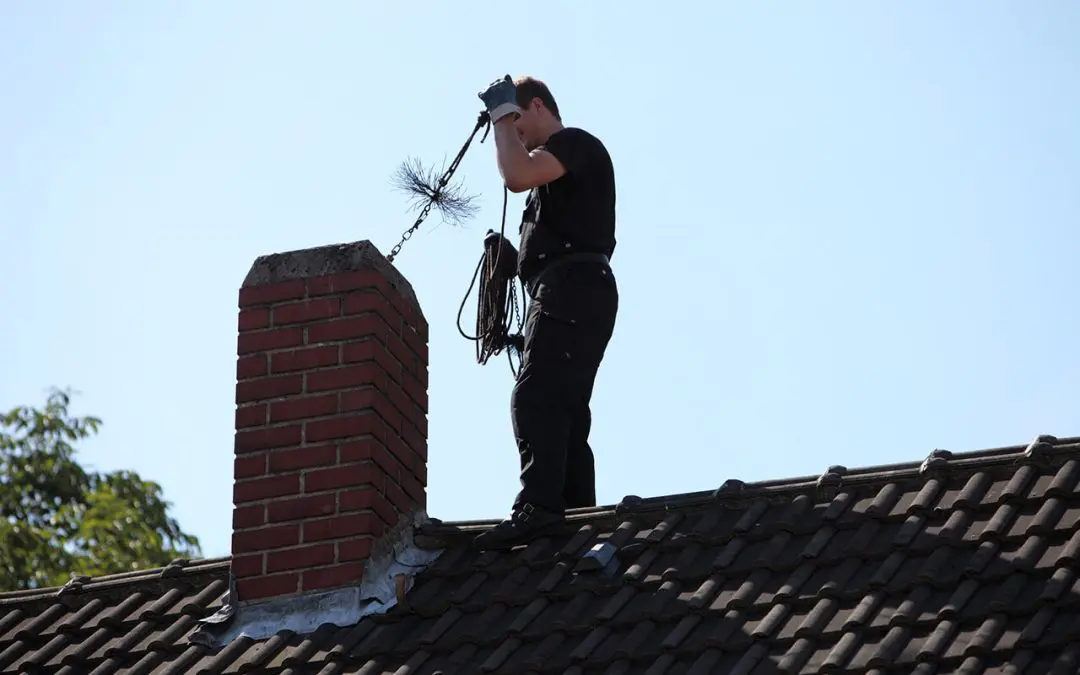The winter months bring chilly weather and colder living spaces. Each year, homeowners face risks associated with heating, such as fire hazards and carbon monoxide poisoning. Here are five ways to heat your home safely and keep the cold at bay.
Tips to Safely Heat Your Home
1. Regular Inspections
For safe heating, regularly inspect and maintain your heating equipment. Whether it’s a furnace, boiler, or fireplace and chimney, poorly maintained equipment can lead to malfunctions and fires. Hire a professional to inspect your heating equipment annually to verify everything is in working order and to clean out accumulated debris.
2. Heat Your Home Safely: Ventilation
When devices burn fuel, they emit exhaust that, if not properly vented, can lead to a buildup of carbon monoxide. Proper ventilation in your home is essential. Whether you use a traditional fireplace or a high-efficiency furnace, check the ventilation system regularly for blockages or leaks.
3. Maintain a Safe Distance
Whether you use a space heater or fireplace, heat sources and flammable items are a dangerous combination. Keep an appropriate distance between heaters and flammable materials, including curtains, furniture, and home decor items. Maintain a clearance of three to five feet to prevent mishaps.
4. Safer Use of Space Heaters
Opt for space heaters with automatic shut-off features and overheat protection. Place these heaters on a flat, non-flammable surface away from foot traffic. Since space heaters can be a fire hazard, never leave them running unattended or while sleeping, and keep them away from children and pets.
5. Heat Your Home Safely: Install Smoke Detectors
Smoke and carbon monoxide detectors offer early warnings about fire and toxic gases. Install these devices on every floor of your home, test them regularly, and replace the batteries at least annually. Have an evacuation plan for your family so everyone knows what to do in an emergency.
Keep Warm and Stay Safe This Winter
Take the above preventive measures to create warm and secure living spaces. When it comes to your home and family, don’t take shortcuts. Keep everyone safe and cozy this season.
FAQs
What are alternative heating options beyond traditional furnaces and fireplaces that can be used safely in homes?
Alternative heating options include electric baseboard heaters, radiant floor heating systems, ductless mini-split heat pumps, and pellet stoves. Each option has its advantages and considerations in terms of safety and efficiency.
Are there any specific safety precautions for using a fireplace or wood-burning stove to heat a home?
Yes, when using a fireplace or wood-burning stove, use a sturdy fireplace screen or door to prevent sparks from escaping, purchase seasoned hardwoods to reduce creosote buildup, and have the chimney professionally inspected and cleaned annually to prevent chimney fires and carbon monoxide buildup.
What signs indicate a heating system is malfunctioning or needing maintenance?
The following are indications of an issue with your heating system.
- Uneven heating throughout the home
- Unusual noises or odors coming from the heating equipment
- An increase in energy bills without a corresponding increase in usage
- Visible signs of rust, corrosion, or soot around heating appliances
How can I communicate heating safety practices to household members, including children?
Hold regular family meetings to discuss safety procedures and make sure children understand how to exit the home in an emergency. Lead by example using safe heating practices and emphasizing caution around heat sources.
Are there precautions to observe when using portable space heaters?
Verify your space heater is on a stable, flat surface to prevent tipping over, keep it away from damp areas to reduce the risk of electrical hazards, and never use extension cords or power strips with portable heaters. Extension cords can overload the circuit and cause a fire. Follow the manufacturer’s instructions carefully, and don’t use a space heater as a primary heat source if possible.
If you’re buying or selling a home in the Chicago area, contact Danny Inspections. We offer comprehensive home inspection services. Contact us today to schedule an appointment.

